Career in Natural Language Processing
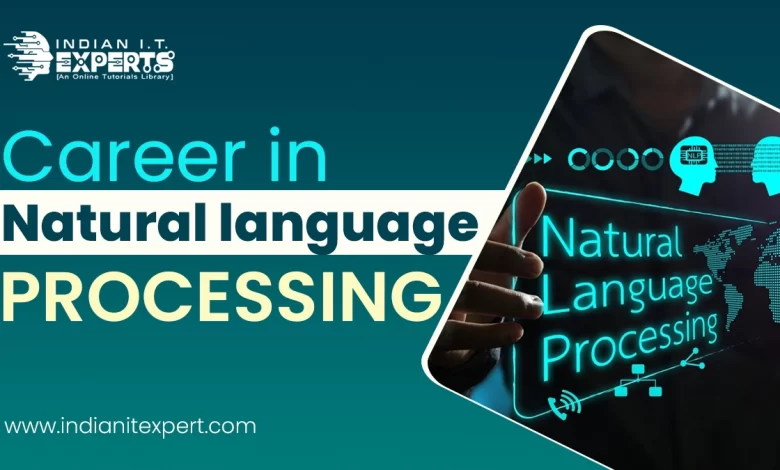
Machines understanding human language used to be just something in sci-fi movies! Now, it’s real thanks to a cool field called Natural Language Processing (NLP). NLP engineers are the people who make this work. If you like where language and technology meet, and want to be part of something big, this could be the perfect job for you! In today’s article we will be exploring about Career in Natural language processing in detail. So let’s get started!!
Table of Contents
What is a career in Natural language processing?
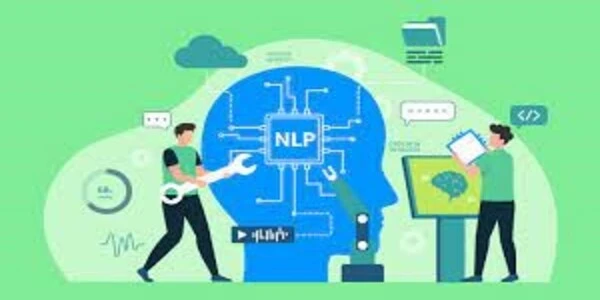
A career in Natural Language Processing (NLP) deals with the interaction between human language and computers. NLP engineers are essentially building the bridge between these two worlds, by designing and developing systems that can understand, analyze, and even generate human language.
Also read: 10 ऐसी jobs future के लिए जिसका AI कुछ नही बिगाड़ सकती
Responsibilities for career in Natural language processing
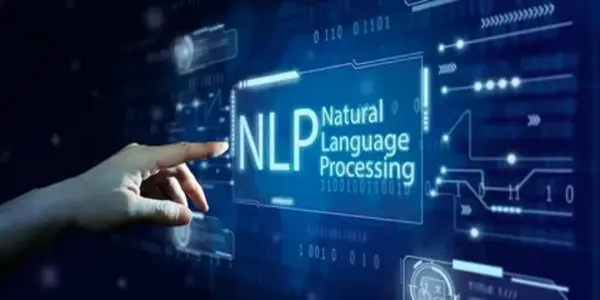
These are the Responsibilities for career in Natural language processing:
- Data Collection & Preparation:
- Gather and clean large amounts of text data.
- Ensure data suitability for training NLP models.
- Algorithm Selection & Implementation:
- Choose appropriate machine learning algorithms for NLP tasks.
- Build models for tasks like sentiment analysis, question answering, or text summarization.
- Model Training & Evaluation:
- Train models with data.
- Optimize model performance.
- Evaluate model effectiveness.
- Integration & Deployment:
- Integrate NLP models into applications and platforms.
- Ensure smooth user interaction and real-world impact.
- Testing & Maintenance:
- Continuously monitor and improve NLP models.
- Adapt models to evolving language patterns and user needs.
Skills required for career in Natural language processing

These are the following skills required for career in Natural language processing:
- Technical Skills:
- Programming proficiency: Python (primary), Java, C++ (beneficial)
- Machine learning expertise: Algorithms (general), deep learning (RNNs)
- Data science fundamentals: Data analysis, statistics, visualization
- Language Skills:
- Linguistic knowledge: Structure, semantics, syntax
- Soft Skills:
- Problem-solving and analytical skills
- Communication and collaboration
Qualification required for career in Natural language processing
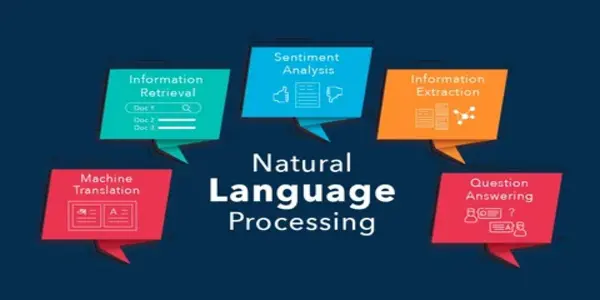
There’s no single path into a natural language processing (NLP) career, but most employers will look for a combination of education and skills. Here’s a breakdown of the qualifications you’ll typically need:
Education:
- A bachelor’s degree in a relevant field is generally preferred, such as computer science, engineering, linguistics, or data science.
- A master’s degree in data science, artificial intelligence, or a related field with a focus on NLP can be advantageous, especially for research or senior-level positions.
- In some cases, particularly for entry-level roles, relevant work experience or strong NLP skillsets can substitute for a formal degree.
Salary Prospect for career in Natural language processing

The rise of Artificial Intelligence (AI) has driven up demand for NLP engineers worldwide. This is reflected in their salaries, which can vary depending on experience and location.
- India: Here, NLP engineers typically earn between ₹7 lakhs and ₹10 lakhs annually for junior positions. Senior NLP engineers can command salaries ranging from ₹15 lakhs to ₹20 lakhs.
- USA: While the US offers a higher cost of living, NLP engineers are compensated handsomely. Entry-level positions can start at $80,000 and go up to $120,000 per year. Experienced professionals can expect to make significantly more, with salaries exceeding $150,000.
Also read: The Impact of Artificial Intelligence (AI) on the future work
How to start career in Natural Language Processing?
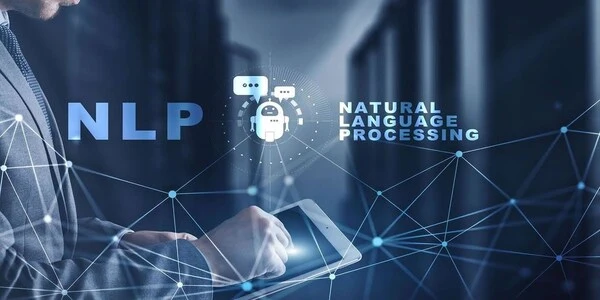
Embark on your Natural Language Processing (NLP) career journey with this roadmap, blending education, practical skills, and hands-on experience:
- Build a Strong Foundation:
- Math: Master linear algebra, probability, statistics, and calculus, essential for grasping NLP algorithms.
- Programming: Gain proficiency in Python (popular for NLP) or Java. Explore libraries like NLTK, spaCy, and TensorFlow.
- Linguistics Essentials:
- Delve into phonetics, morphology, syntax, semantics, and pragmatics to understand language structure and meaning construction.
- Data Structures & Algorithms:
- Grasp data structures (trees, graphs, hash tables) and algorithms (searching, sorting, optimization) for efficient NLP solutions.
- Machine Learning & Deep Learning:
- Master supervised and unsupervised learning, decision trees, and ensemble methods in Machine Learning.
- Dive into Deep Learning, focusing on neural networks, crucial for NLP tasks.
- Specialize in NLP:
- Core Concepts: Learn tokenization, part-of-speech tagging, named entity recognition, sentiment analysis, machine translation, and question answering.
- Tools & Libraries: Become proficient in NLTK, spaCy, Gensim, TensorFlow, or PyTorch for NLP tasks.
- Get Hands-on:
- Apply your knowledge! Start with simple projects (spam classifier, sentiment analysis) and progress to complex ones (chatbots, machine translation).
- Contribute & Compete:
- Gain experience by contributing to open-source NLP projects.
- Participate in NLP competitions on platforms like Kaggle to boost your skills.
- Stay Updated & Network:
- Follow NLP research, attend workshops/conferences/webinars to stay current.
- Network with NLP professionals on LinkedIn or at events for valuable insights and opportunities.
- Gain Real-World Experience:
- Seek internships, part-time, or full-time NLP engineer positions (or related roles). Real-world experience is crucial for tackling complex problems and working on large-scale systems.
- Advanced Education (Optional):
- Consider a master’s or Ph.D. in computer science, linguistics, or a related field with an NLP focus, particularly for research or academic roles.
Conclusion
The field of Natural Language Processing is rapidly evolving, offering a dynamic and impactful career path. As the demand for human-computer interaction grows, NLP skills will be increasingly valuable across diverse industries. If you’re fascinated by language, enjoy a challenge, and want to be at the forefront of technological innovation, then a career in NLP could be the perfect fit.
Explore online resources, attend workshops, and consider pursuing an NLP-focused degree or certification. The future of language is bright, and with dedication and perseverance, you can be a part of shaping it.
Also check:
FAQs
1. What are some in-demand NLP skills?
Analytical thinking, programming (Python is common), machine learning, and understanding of linguistics are all important.
2. Do I need a specific degree to work in NLP?
While a degree in computer science, linguistics, or a related field can be helpful, some companies value relevant experience and skills over specific degrees.
3. What industries use NLP?
NLP is used in tech, healthcare, finance, customer service, and many others!
4. Is NLP a good career choice?
Yes! The field of NLP is growing rapidly, with a increased demand for skilled professionals.
5. Where can I learn more about NLP careers?
Online resources, workshops, and university programs are all great places to start.




